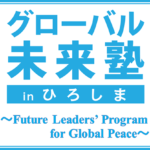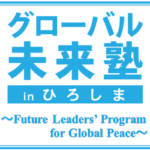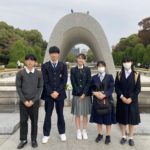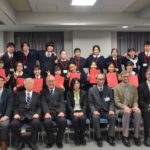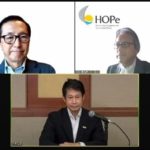Future Leaders' Program 2019-NovermberFuture Leaders’ Program for Global Peace 2019 Report (November 17)
Date: November 17 , 2019
Lecture Name: Thinking about Peace from Philippine
Lecturer: SEKI Koki, Professor of Hiroshima University
The report written by participants (High school students in Hiroshima) is posted without editing.
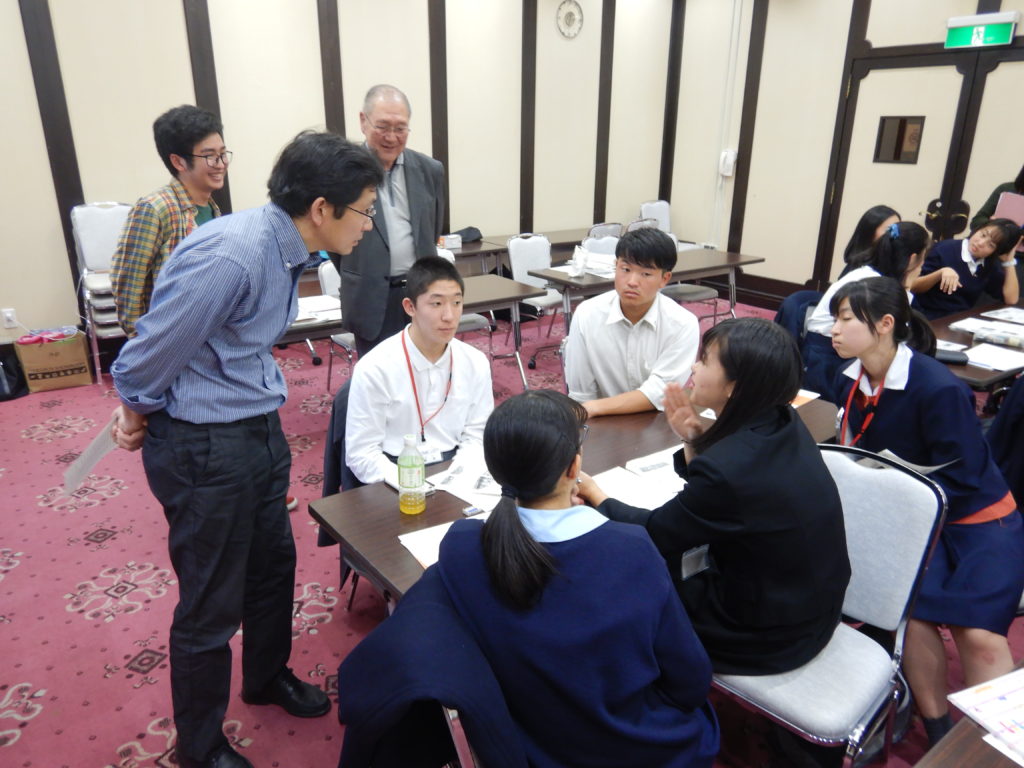
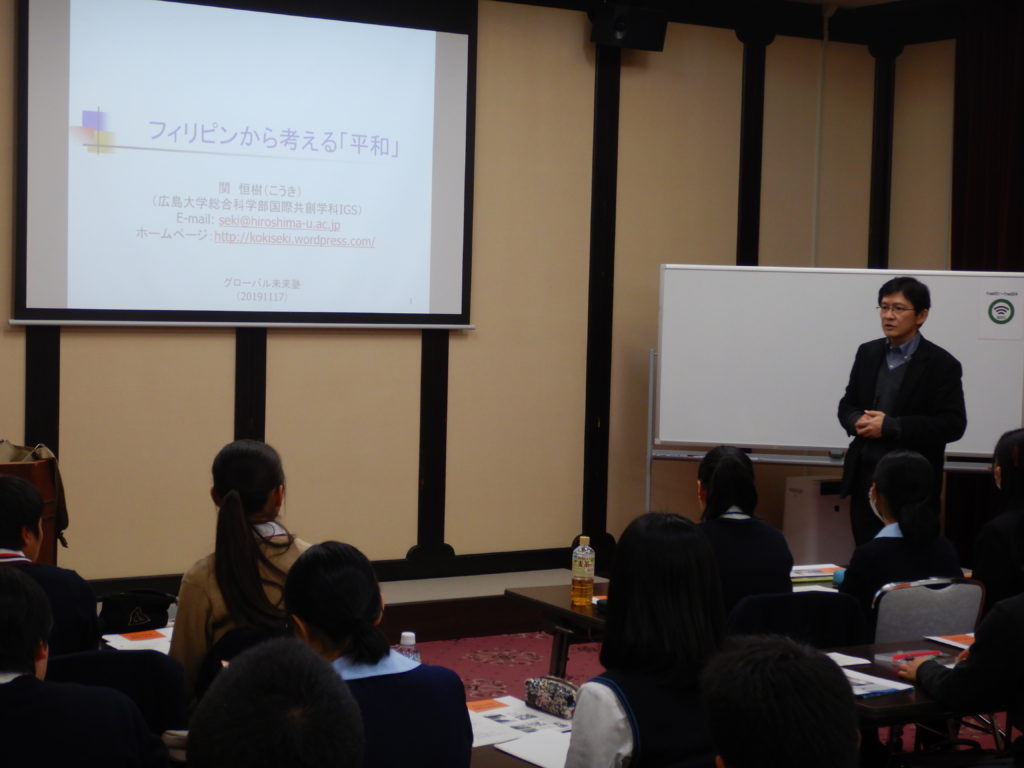
Professor Seki lectured us about the various problems in Philippines. It has mainly three points. First, ethnic differences. In Philippines, there are so many kinds of ethnic and they speak various languages. Then it is problem that they don’t have unified language. Second, differences between the poor and the rich. Today about 20% of people can’t live a minimum life. The wealthy and the poor are living separately. For example, house, school, store to buy daily necessities and so on. Third, how Philippines will grow. Overseas migrant workers are said to be the key to economic development.
I had thought that to support poor people is the best way to solve the gap between the poor and the rich. But through this lecture, I learned it is important to change the consciousness of both the rich and the poor.
(Written by MIYAMOTO Mei)
Prof. Seki lectured us about economic disparity and “peace” in the Philippines. There are three important parts of his lecture.
First part is the ethnic and geography backgrounds. The Philippines is a multi-ethnic nation. Christians, Muslims, mountain people and indigenous people live there. And there has been a military conflict between Christians and Muslims for 40 years. It is difficult in the Philippines to make common religious recognition.
Second point is “Is the Philippines really Poor?” The answer has changed recently. Many people have an image that the Philippines is a developing country, and most of the people living there are poor. Surely, many slums still remain there. And many poor people live there. However, the gap between rich and poor has become more serious problem of the country. In contrast to the slum, many high buildings and shopping malls have been building in the center of the country.
Third point is OFW, Overseas Filipino Workers. They are working as nurses or care persons all over the world. And they support their families in home country.
My understanding about the Philippines has changed through this lecture. I learned about the Philippines’ social issues. So, I would like to see them with my own eyes in the training in the Philippines in January.
(Written by YAMASHITA Kokoro)
As a preparation for our inspection in the Republic of the Philippines in 2020, it was a very valuable lecture. I learned what the current situation in the Republic of the Philippines was like from the viewpoint of cultural anthropology. Through the lecture given by Mr. Seki, professor of cultural anthropology in Hiroshima University, I recognized that it was very important for us to consider how to make the world where people can coexist with others without any problems of poverty and of cultural differences.
(Written by MORI Keishin)
For Future Leaders’ Program, please see the below.
What is Future Leaders’ Program?
Inquiries about this page
Hiroshima Prefectural Office
Street address:10-52, Motomachi, Naka-ku, Hiroshima-shi, Hiroshima-ken, 730-8511
Tel:+81-(0)82-228-2111
Tags associated with this article



